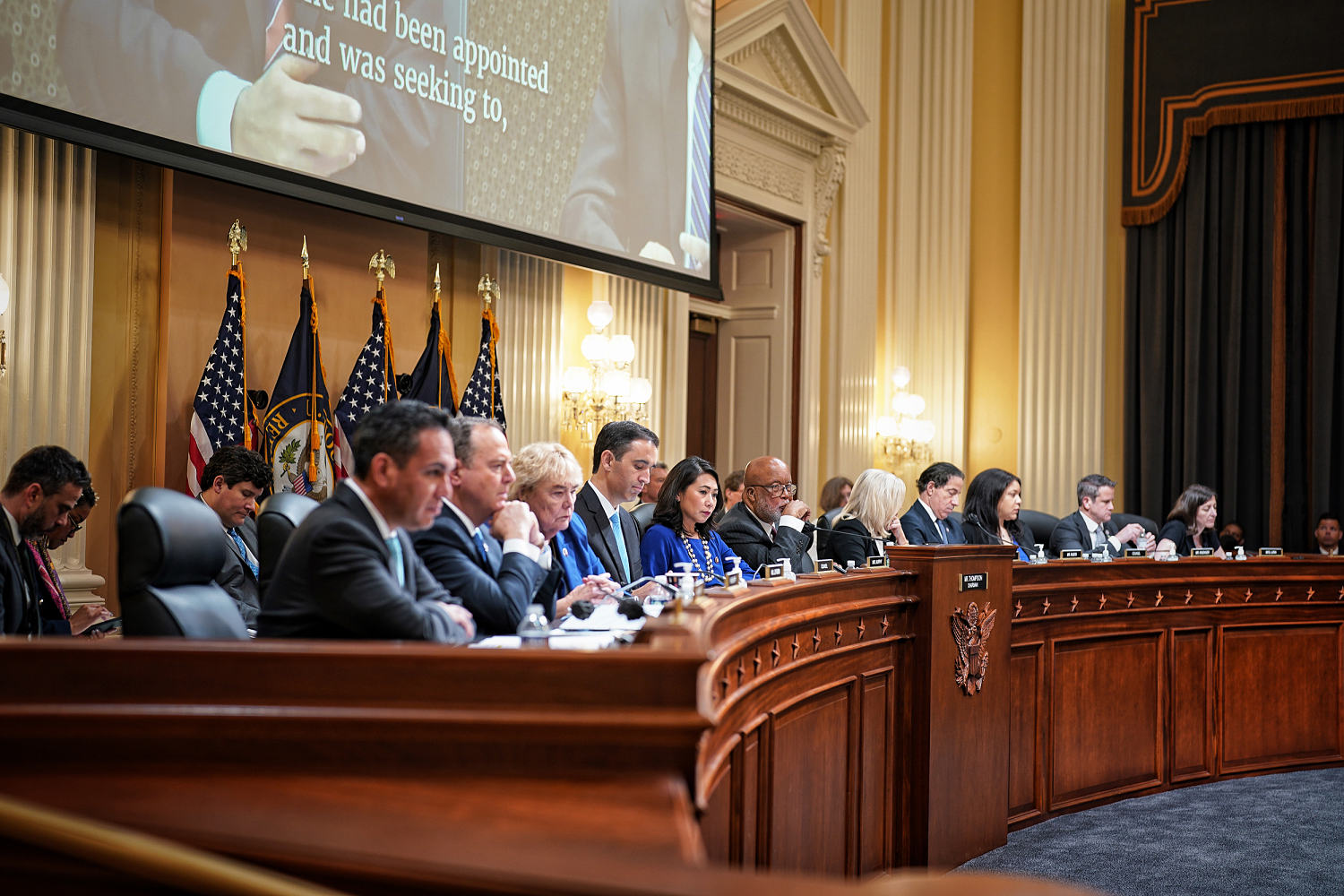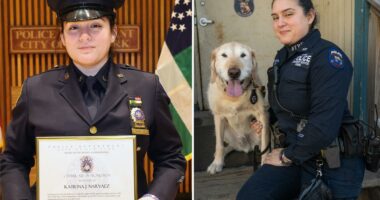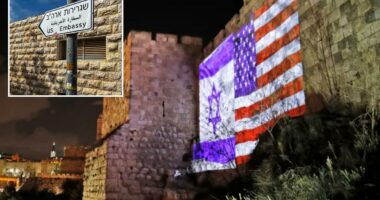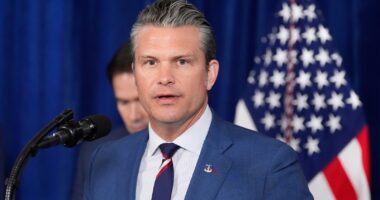Share this @internewscast.com

WASHINGTON — A federal judge overseeing President Donald Trump’s upcoming election interference trial said in a ruling Monday that the former president’s attempt to subpoena what his legal team dubbed “missing” records from the House Jan. 6 committee appeared to be a “fishing expedition” that was not in good faith.
Last month, Trump’s team said they wanted to subpoena the U.S. archivist, the clerk of the House of Representatives, the Committee on House Administration, Rep. Barry Loudermilk, R-Ga., and Rep. Bennie Thompson, D-Miss., among others, saying there was a “significant overlap between the Select Committee’s investigation and this case” and a strong likelihood that some of the materials would discuss trial witnesses.
U.S. District Court Judge Tanya Chutkan, who will oversee Trump’s trial that is set to get underway in March, said in a ruling on Monday that she would not require federal government officials to produce records related to the Jan. 6 committee’s work.
“The broad scope of the records that Defendant seeks, and his vague description of their potential relevance, resemble less ‘a good faith effort to obtain identified evidence’ than they do ‘a general ‘fishing expedition,'” she wrote.
Read Related Also: On Instagram, Palestinian journalists and digital creators document Gaza strikes see surge in followers
Before the Jan. 6 committee was dissolved in January, Thompson, who was the chairman, turned over troughs of the panel’s records to the U.S. archives and posted thousands of pages online, including transcripts with people who spoke to the committee.
Loudermilk, a Republican on the House Administration Committee, wrote in an earlier letter that only written transcripts were transferred after the Jan. 6 committee dissolved and that “video recordings of transcribed interviews and depositions, which featured prominently during the Select Committee’s hearings, were not archived or transferred.”
The federal election interference trial is one of four criminal cases brought against the former president and one of two brought by the special counsel, Jack Smith. The case will likely be the first to go to trial, with jury selection scheduled to begin on March 4. In addition to Trump, about 1,200 people have been charged in connection with the Jan. 6 attack on the U.S. Capitol, with hundreds more cases in the works.
Trump was accused in an indictment returned by a grand jury in August of conspiring “to overturn the legitimate results of the 2020 presidential election by using knowingly false claims of election fraud to obstruct the government function by which those results are collected, counted and certified.”














